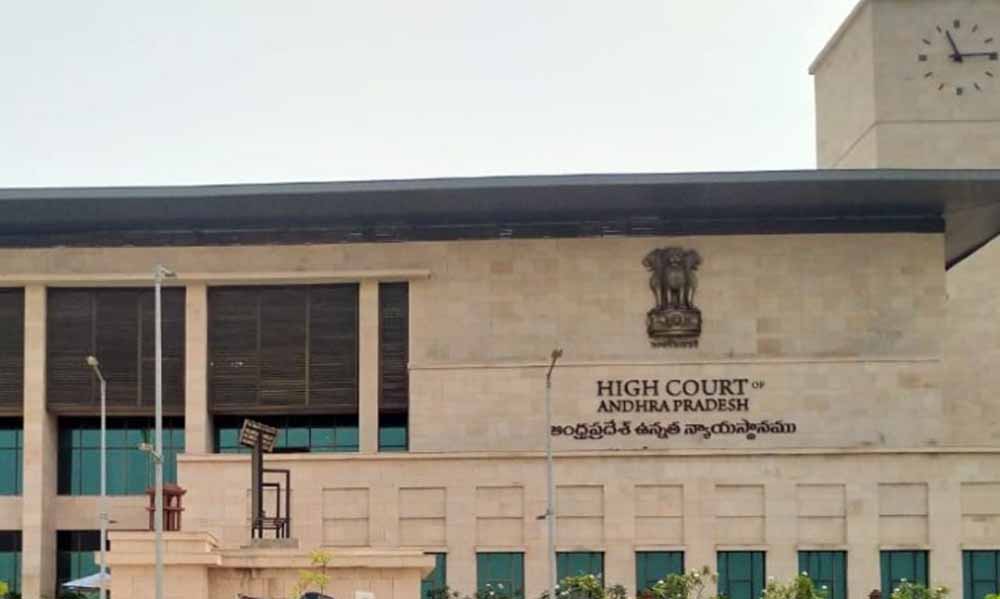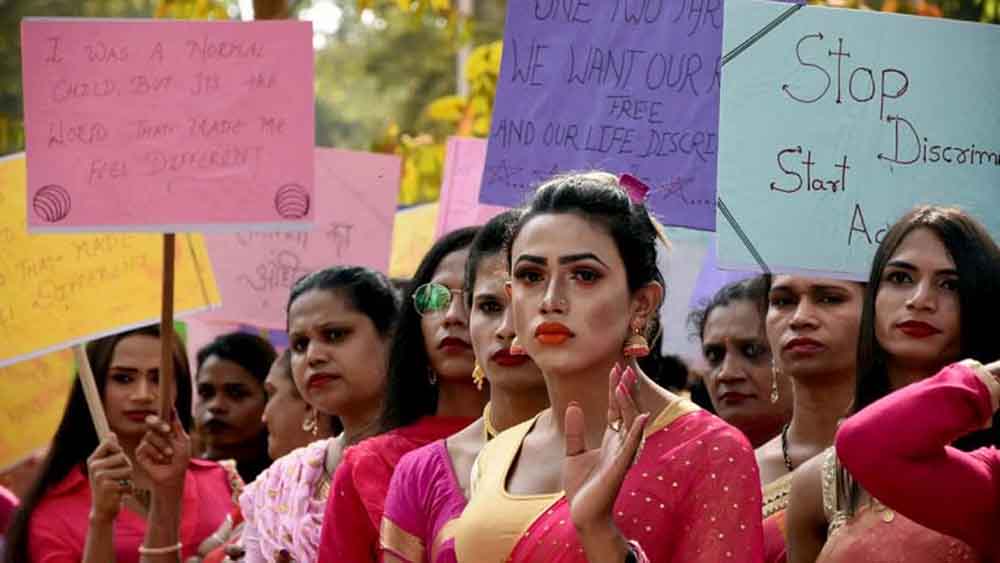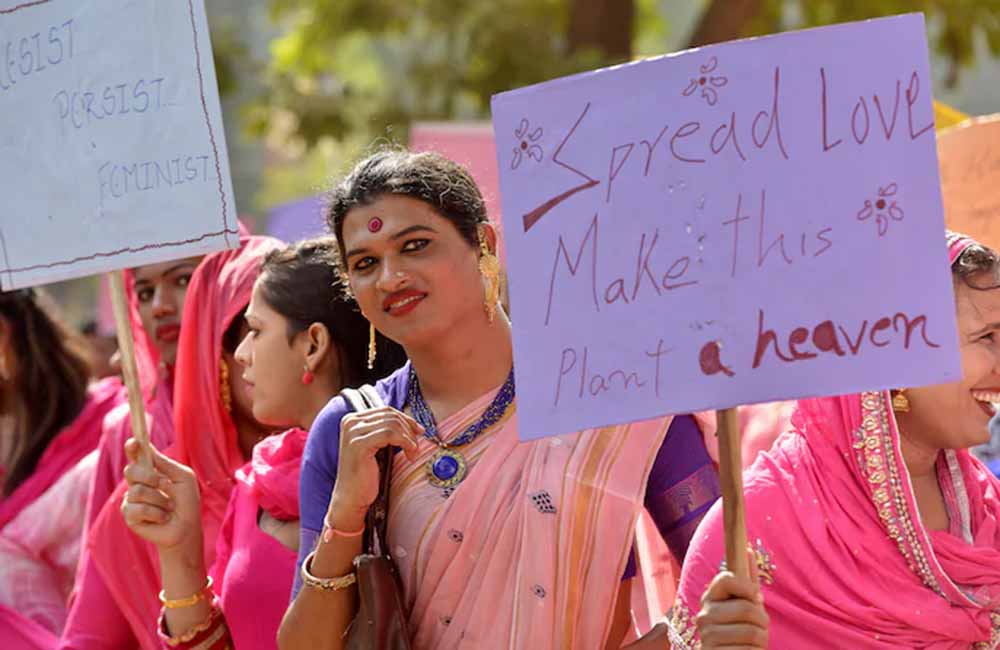The High Court of Andhra Pradesh has affirmed that trans women have equal rights to protection under Indian law by ruling that they are legally recognised as women. This landmark ruling advances the rights of trans individuals in India. The decision disproves the notion that womanhood is limited to the capacity to conceive or bear children, marking a major advancement for gender justice in the nation.
The case’s judge, Justice Venkata Jyothirmai Pratapa, dismissed arguments that solely associate womanhood with reproductive ability, calling them ‘legally unsustainable’ and at odds with the Indian constitution's principles of identity, equality, and dignity. The ruling is a major step towards gender justice in India and is based on the Supreme Court's 2014 National Legal Services Authority v Union of India decision, which acknowledged individuals as a ‘third gender’ with equal fundamental rights. The judge declared that a trans woman who was born male and subsequently transitioned to female has a legal right to recognition as a woman.

The decision was made in response to a plea filed by Viswanathan Krishnamurthy and his parents to dismiss a dowry harassment lawsuit against transgender lady Pokala Sabhana. Shabana filed for protection under Section 498A after claiming that Krishnamurthy and his family mistreated her and sought dowry. By upholding her legal status as a woman, the court established a precedent for future cases and guarantees trans people vital safeguards against domestic abuse.

Shabana filed a complaint at the Ongole Women's Police Station, and Justice Venkata Jyothirmai Pratapa ruled over the case. She said that her husband Krishnamurthy had abused her and that her in-laws had threatened to kill her. The Police filed a case under Section 498A of the Indian Penal Code, which addresses cruelty and harassment connected to dowries in marriages, based on her complaint.
Krishnamurthy and his parents, however, petitioned the High Court to drop the allegations in 2022. Their attorney argued that Shabana was not eligible to seek protection under Section 498A because she was a trans woman and did not fit the legal definition of a ‘woman’. They said that the law, which defined a woman as someone who could procreate, did not recognise Shabana as a wife because she was a trans woman who was unable to conceive.

The court underlined that this acknowledgement is protected by Articles 14, 15, and 21 of the Constitution, which, respectively, defend the right to life and personal liberty, forbid sex-based discrimination, and ensure equality before the law. Pratapa further said that under Section 498A of the Indian penal code, which deals with cruelty by a husband or his family, trans women are entitled to the same rights as cisgender women. In its decision, the High Court declared that denying such protection by questioning their womanhood amounts to discrimination.
Image source: Livelaw, The Print, Tosshub